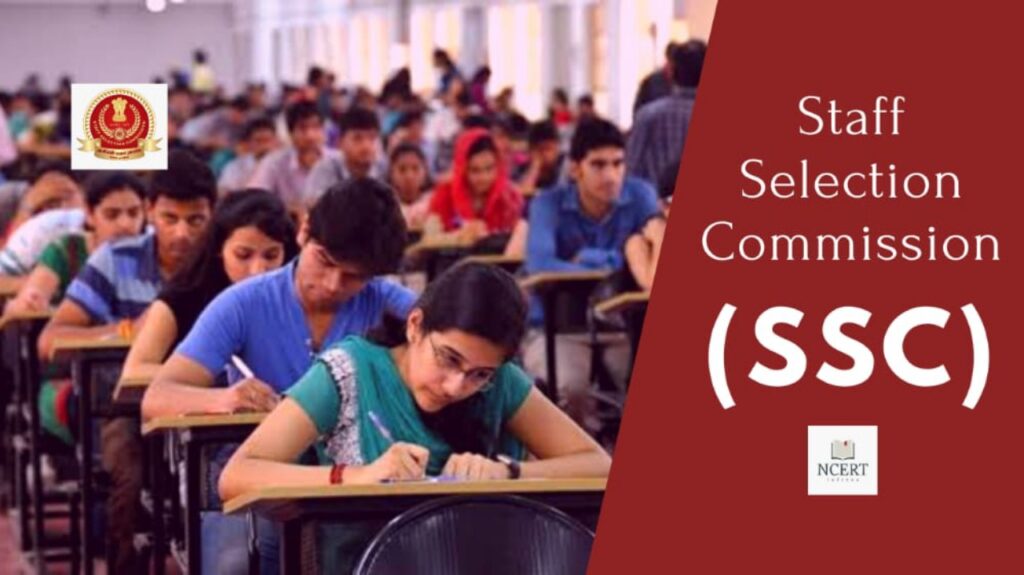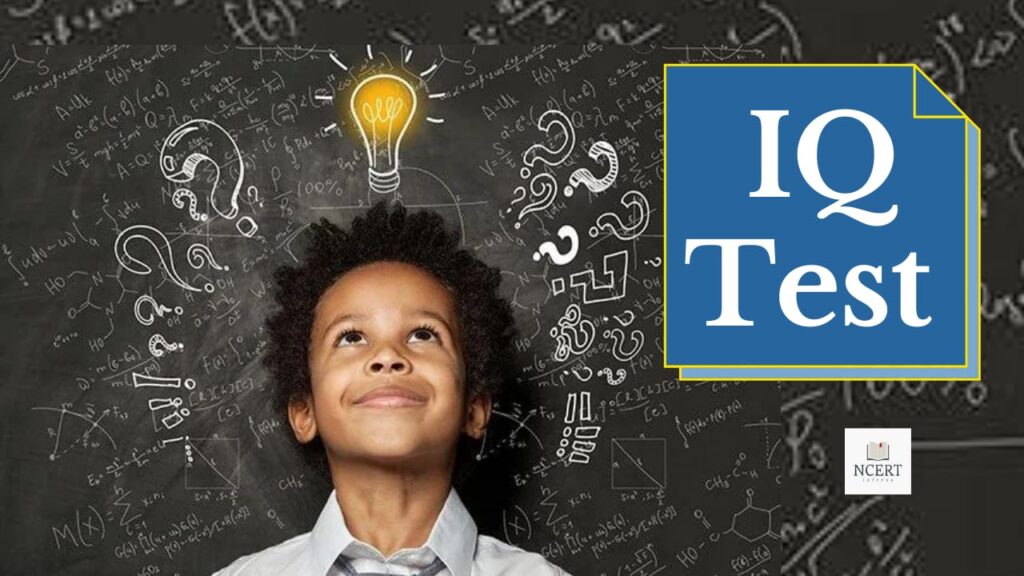The Staff Selection Commission (SSC) was established by the Government of India on November 4, 1975, with the primary objective of conducting examinations to recruit qualified officers and employees for government offices in a systematic and disciplined manner.
| Full form of SSC | Staff Selection Commission |
| Body type | Government |
| Established in | 4 November 1975 |
| Total members | 4 (including the chairman) |
| Headquarters | New Delhi, India |
| Services offered | Exams and Employments, for Group B Services in India |
Structure of the organization
Headquartered in New Delhi, SSC is led by a chairman and three other members. The commission’s structure also includes directors, joint directors, and a support staff of 150-200 members who ensure smooth operation and management of examinations and recruitment processes.
Functions of the Staff Selection Commission (SSC)
The Staff Selection Commission (SSC) plays a pivotal role in recruiting personnel for various government departments and ministries. Its primary functions include:
- Appointing candidates for Group B and Group C positions across various government sectors.
- Managing the recruitment process for roles ranging from clerical to technical and non-technical posts in different ministries and departments.
- Determining the exam syllabus, pattern, and selection criteria to meet the specific needs of various government roles.
- Regularly releasing notifications regarding available posts, examination dates, and other essential updates on its official website.
- Committing to a fair and transparent examination process, ensuring that only qualified and deserving candidates are recruited.
Major Exams Offered by SSC
The Staff Selection Commission conducts several key exams annually, including:
- Combined Graduate Level Examination (CGL): SSC CGL is for recruiting officers for various Group B and Group C posts in government ministries, departments, and organizations.
- Combined Higher Secondary Level Examination (CHSL): For recruiting lower division clerks, postal assistants, and data entry operators.
- Junior Engineer (JE) Examination: This is for recruiting junior engineers in civil, electrical, mechanical, and other engineering streams.
- General Duty (GD) Constable Examination: For recruiting constables in the Central Armed Police Forces (CAPFs), NIA, SSF, and Rifleman in Assam Rifles.
- Multi-Tasking Staff (MTS) Examination: For recruiting non-technical staff in various government departments.
- Stenographer Grade C & D Examination: For recruiting stenographers in various government offices.
- Central Police Organization (CPO) Examination: For recruiting Sub-Inspectors in Delhi Police, CAPFs, and Assistant Sub-Inspectors in CISF.
- Junior Hindi Translator (JHT) Examination: For recruiting Junior Hindi Translators and other related posts in government ministries.
- Selection Post Examination: For recruiting candidates for various categories of posts based on educational qualifications.
- Ministry of Railways Related Vacancies: SSC also conducts exams for recruiting various positions under the Ministry of Railways.
Related: CBSE: History, aims and objectives
Why is SSC Important
With India’s large youth population, SSC plays a crucial role in providing a structured pathway for government employment. By ensuring a fair and transparent examination process, SSC helps select the most qualified candidates for various government positions, contributing to the efficient functioning of the nation’s administrative machinery.




